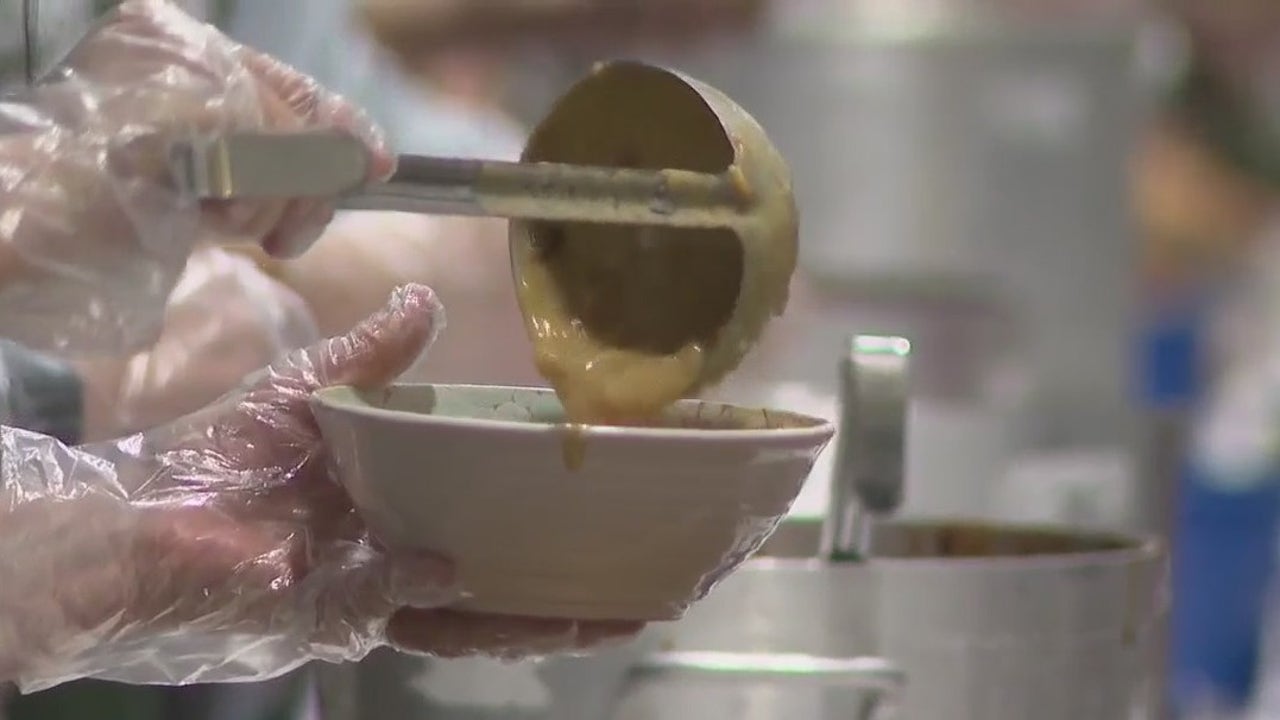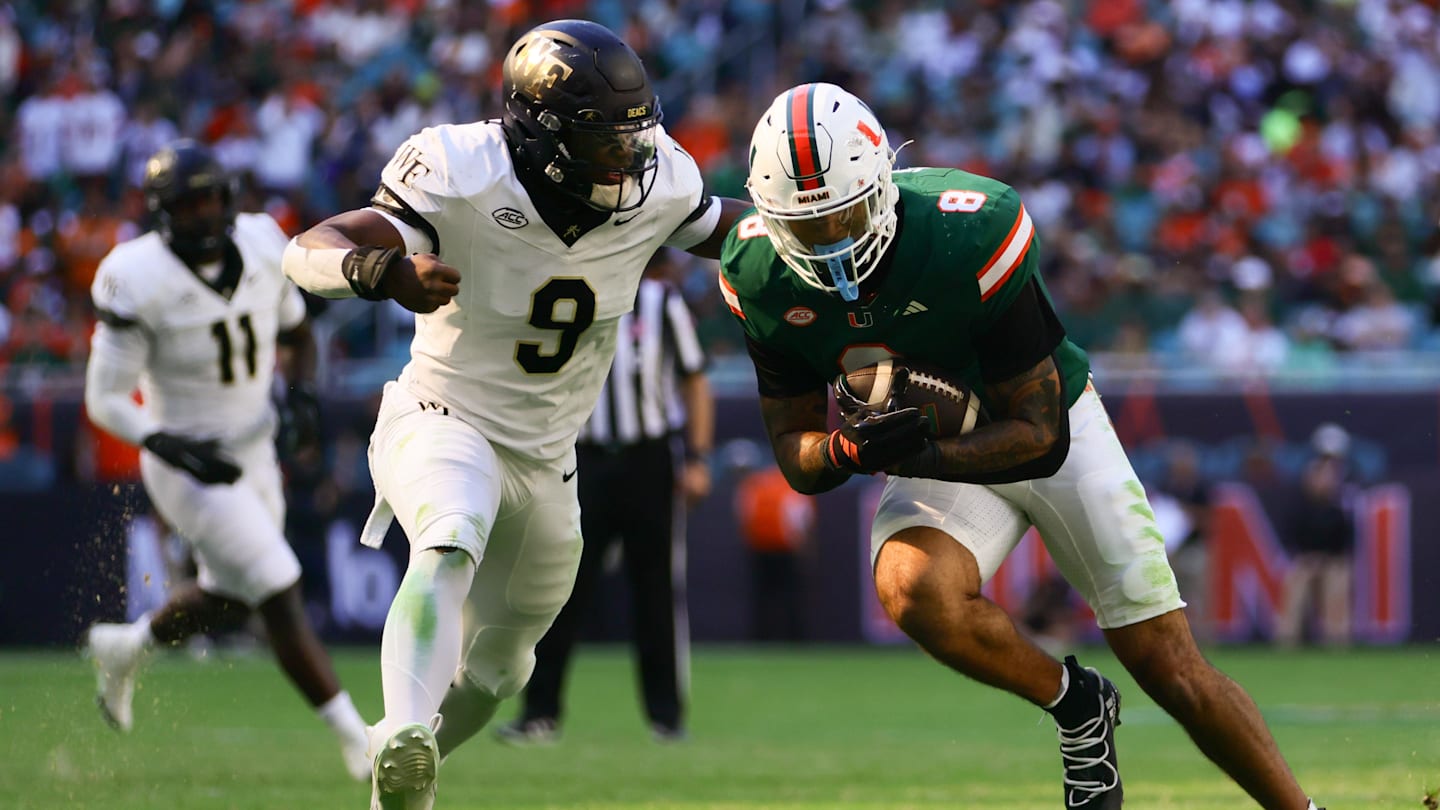World
Visiting Taiwan, ex-UK PM Liz Truss calls for tough line on China
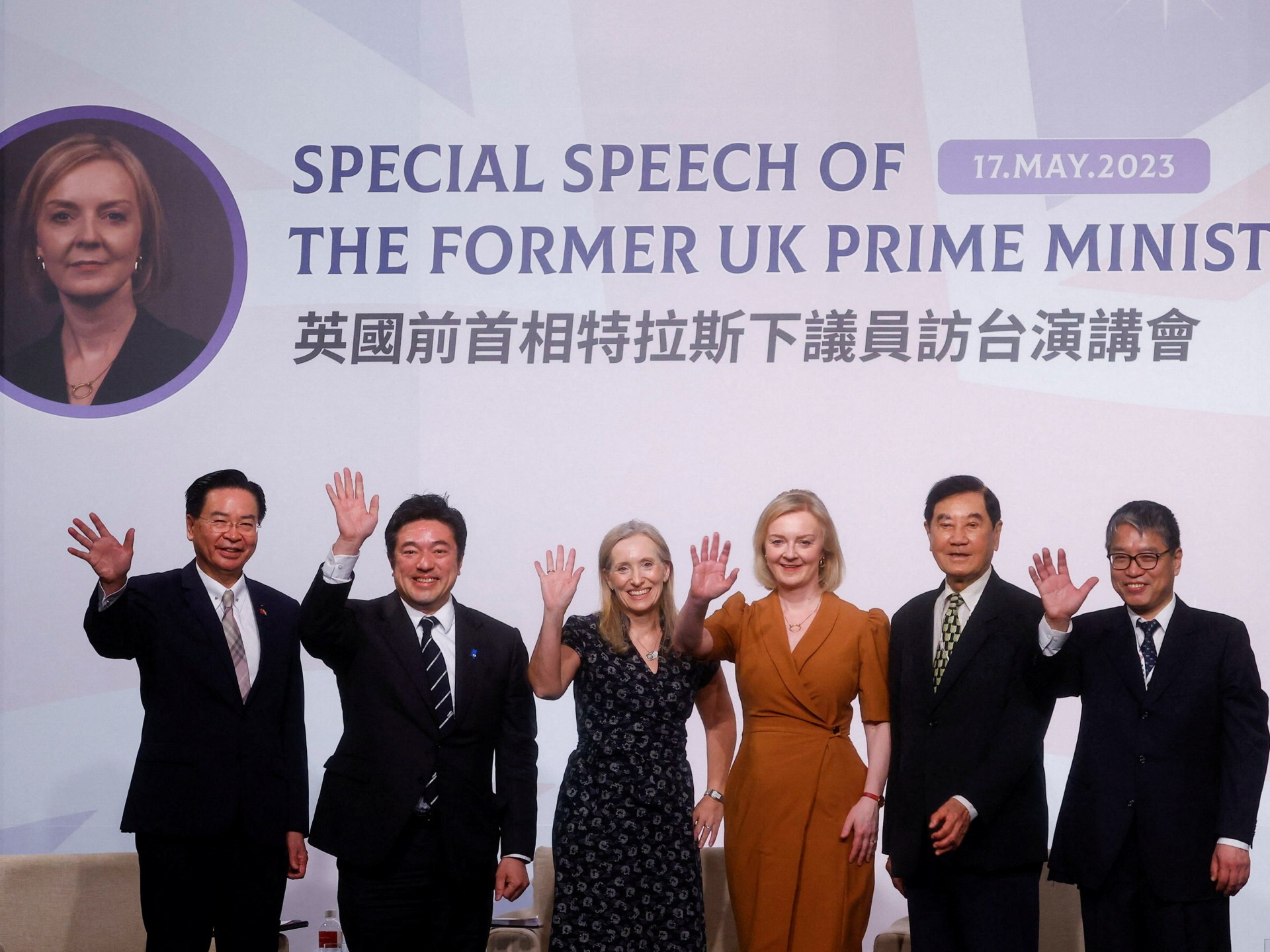
Truss, who held office for just 44 days, says democracies need to make clear there are consequences for aggression.
Taipei, Taiwan – Democratic countries must make clear to Beijing that it would face sanctions and other repercussions if it attacked Taiwan, former British Prime Minister Liz Truss has said.
“It’s absolutely clear that President Xi has the ambition to take Taiwan,” she told reporters during a press conference in Taipei on Wednesday.
“Now, we don’t know exactly when that could take place, we also don’t know how, and it’s my view that the preference of President Xi (Jinping) and the Chinese Communist Party would be to do it in a way that doesn’t involve using force, but I certainly think they would be prepared to use force if necessary.
“All we can do, those of us who believe in freedom and democracy, is make sure that Taiwan is as protected as possible and the Chinese government would understand there are severe consequences if they tried to take Taiwan by force,” she said.
Truss, Britain’s shortest-serving prime minister, arrived in Taiwan on Tuesday for a five-day visit, and is the first former British leader to visit Taiwan since Margaret Thatcher in 1996.
She was greeted by Foreign Minister Joseph Wu on her arrival at the airport and is expected to meet Taiwanese officials while she is on the island. Truss will also reportedly meet President Tsai Ing-wen, according to Radio Taiwan International, although government media has not confirmed the meeting.
Wednesday’s press conference followed a closed-door speech at Taipei’s Grand Hyatt Hotel hosted by the Prospect Foundation, a government-funded think tank that focuses on cross-strait relations.
Truss also told reporters that the Asia Pacific needs a more formal NATO-style security alliance than current pacts like AUKUS and the Quad to ensure regional security, and she also called on the Group of Seven nations and the European Union to work together to apply more “coordinated” economic pressure on Beijing to “change the way China behaves” so that it cannot “bully and coerce other countries”.
“China is very reliant currently on exports to those nations and at present there isn’t a coordinating mechanism for those countries to exert pressure on China. That is what I am advocating before it is too late and China is more dominant in the world economy,” she said. “I don’t think this is something the UK can do alone, it’s a question for coordinating with our allies around the world, like the United States, Japan.”
‘Instagram diplomacy’
Since stepping down from the post of prime minister last year after just 44 days in office, Truss has remained a member of parliament for the ruling Conservatives but has become an increasingly vocal China hawk.
A former British foreign minister, she described China as the “largest threat that we face to the free world” at the Copenhagen Democracy Summit this week, responding to criticism of her trip from other UK politicians.
Truss’s trip to Taiwan was called “the worst kind of Instagram diplomacy” by a fellow Conservative MP Alicia Kearns, who is also chair of the Foreign Affairs Select Committee. Kearns reportedly warned the trip could anger Beijing, much like that by US Speaker of the House Nancy Pelosi to Taiwan in August last year.
Following Pelosi’s trip, Beijing staged several days of unprecedented live-fire military exercises and test-fired missiles over Taiwan.
China’s London embassy described the visit as a “dangerous political show”, and accused Truss of “colluding” with those in Taiwan who want independence.
“We urge the relevant British politician to correct her wrongdoing, stop making political shows with the Taiwanquestion, and stop conniving at and supporting “Taiwan independence” secessionist forces,” it said in a statement on its website on Wednesday.
The embassy also suggested that the visit could have repercussions for the government of current Prime Minister Rishi Sunak. His foreign minister, James Cleverly, laid out his views on the China relationship in a major speech just three weeks ago – stressing that countries had to work with Beijing to make progress on some of the biggest challenges facing the world.
Addressing the controversy around the visit, Truss told reporters that she had been invited by Taiwan’s government and that China should not dictate “who visits any country in the world”.
“I think it is a very dangerous idea that we should allow a totalitarian regime to dictate who goes where in the world,” Truss said when asked whether her trip would endanger Taiwan’s security by angering Beijing.
She also said suggested such a media narrative only furthered Beijing’s goals.
“What the Chinese Communist Party are trying to do is they are trying to make it unacceptable for people to visit and talk to Taiwan,” she also said. “We should think about what their aims and ambitions are in trying to do that.”

World
Cinematography Work at Camerimage Festival ‘Radically Different,’ Jury Members Say

Jurors at the EnergaCamerimage cinematography fest say the Golden Frog main competition films have been remarkably varied and inspiring in the event’s 32nd edition.
The 12 competing films “were radically different from each other,” said “Barbie” and “Killers of the Flower Moon” cinematographer Rodrigo Prieto, whose directorial debut, “Pedro Paramo,” is also screening at the fest. “I enjoyed that.”
The varied styles, approaches and storytellers, he added, defied easy categorization. “Happily, I didn’t notice trends, which I have noticed sometimes in the past in some festivals.”
Juror Anthony Dod Mantle, who won Golden Frogs in 2008 for his lensing of “Slumdog Millionaire” and in 2016 for “Snowden,” said, “I’ve been to this festival before and the overall collection of films and categories, I felt, was even wider. I feel slight absence of certain films from other ethnic backgrounds. They were different, these films, but they could be far more different.”
Greater diversity and inclusion in cinematography has justly been a hot topic this year at Camerimage, he added. “It’s good we embrace that, celebrate it here, because not many festivals do that.”
Dod Mantle described the current state of cinematography, based on what the jury’s seen this week, as “openly variable and that’s why we praise some films rather than others because they challenge convention.”
He also described the industry as “in a bit of a pickle,” adding, “We know that. We have to applaud ourselves and embrace and encourage every single essence of, molecule of, exploration and challenging cinema.”
Juror Lukasz Zal, who filmed “The Zone of Interest” and “Cold War,” said “I feel really inspired. I feel this kind of positive envy when you just see something which you admire, and love – cinema is still in good condition.”
And, he added, “I’m becoming hopeful that, OK, there’s still a lot to discover. For this, I really love Camerimage. When I was here, when I was a student, I was always coming back home after festival, with this feeling, kind of eager to work, to prepare and to just be really open and be full of ideas.”
Spending time here again as a top professional in his field, Zal said, “I feel again like a student.”
Juror Cate Blanchett said it’s clear cinematography has no crisis of creativity currently.
Instead, there’s a different issue: “The pickle is how one gets access and is able to see these films in the way that they’re intended to be seen.”
Technology advances in the field are also helping storytelling onscreen evolve, she added, rather than distracting from it. “Sometimes you can see there’s been huge technical advances made, or there’s been big innovations, and they haven’t yet been integrated into the stories that they’re being applied to. Whereas I thought there were so many films here that have really integrated the technology and in a completely adventurous and inventive way that was not pretentious. It was very interwoven and enmeshed with the performances and the stories.”
Jury duty at Camerimage is rewarding, said Dod Mantle, because the Golden Frog award can often help promising cinematographers break through to booming careers.
He described the potential effect of the award as “enormous.”
“The first time I came here, in competition,” he recalled, “it illustrated for me the jury was embracing cinema, celebrating something different and challenging.”
Cinematographers are keenly aware of the judgment of their peers, Dod Mantle added. “You feel quite vulnerable here. I’ve seen cinematographers leave the festival and go spend the weekend in Krakow and come back. The frog, ultimately is a beautiful thing celebrating our colleagues’ work.”
Juror Anna Higgs, a producer and columnist who works closely with BAFTA, said, “I think we should normalize cinematographers getting asked for their autographs – the fact that this frog is the idolized thing here.”
Blanchett added, “It’s very rare that you go to a festival where every single person in the auditorium sits right through the credit roll to the very end.” She noted “the respect that is shown to every single crewmember.”
Prieto recalled the impact of his own Golden Frog cinematography win in 2000 for “Amores Perros” fondly. “I do cherish that frog. It’s wonderful to get a frog, but more than anything, it’s a place where cinematography is the focus and is celebrated, and to share that obsession with so many people, and the energy of that, is really wonderful.”
Zal had a similar career boost, he said, after winning for lensing “Ida” by Pawel Pawlikowski in 2013. “That’s really the moment when somehow my career changed. I was always dreaming while having student films here. And it was beautiful to get an award from colleagues and being here and being among amazing cinematographers.
“I was put in competition with the people who I admire. Even now, sitting with Rodrigo, who for me was a huge inspiration. I was shooting my films in school inspired by ‘Amores Perros.’ Now we’re sitting together on the jury. That’s amazing, that’s beautiful.”
Blanchett described the close proximity of students and top international lensers as a unique strength of Camerimage, praising “the mentorship that goes on, how you’ll champion the works of other people.”
“I think that’s why it’s so vitally important that there’s an increased level of female participation. Because of the networking and mentorship opportunities and championing the work. The conversations and the opportunities that arise from those conversations are really important.”
Oscar-winning costume designer Sandy Powell (“Shakespeare in Love,” “The Aviator” and “The Young Victoria”) and cinematographer and documentary filmmaker Jolanta Dylewska also served on the Camerimage jury, calling earlier this week for greater diversity and inclusion in the industry.
World
Ukraine to analyze fragments of missile fired by Russia capable of carrying nuclear warheads
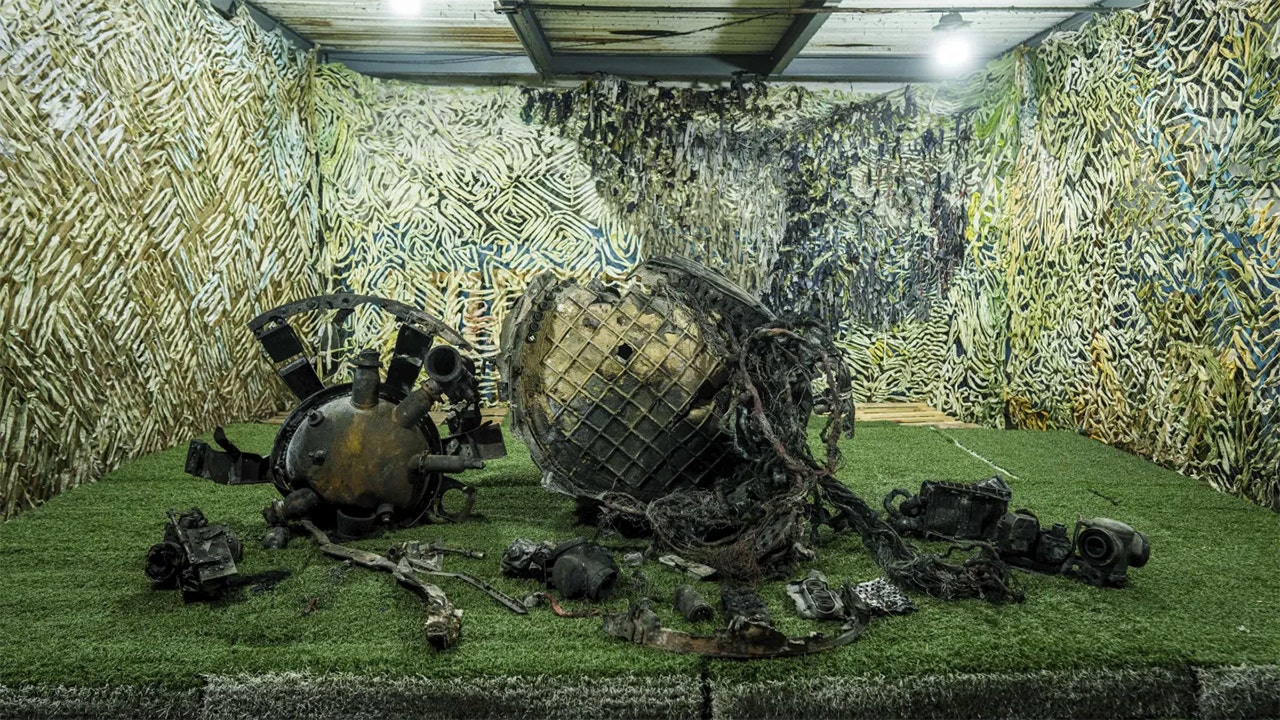
Investigators in Ukraine are analyzing the debris of a new intermediate-range ballistic missile (IRBM) fired by Russia at the city of Dnipro on Thursday, marking the first time the weapon had been used on the battlefield.
On Sunday, Ukraine’s Security Service showed the remaining fragments of the IRBM called Oreshnik – Russian for Hazel Tree – that struck a factory to The Associated Press.
Russian President Vladimir Putin confirmed the attack on Thursday evening in an address to the nation and said it was in direct response to the U.S. and the U.K. jointly approving Ukraine’s use of Western-supplied long-range missiles to target Russia.
The Pentagon has said the missile is based on Russia’s RS-26 Rubezh intercontinental ballistic missile (ICBM), though the wreckage has not yet been analyzed, according to security officials on site in an undisclosed location in Ukraine.
‘NEW’ RUSSIAN MISSILE USED AGAINST UKRAINE NOT HYPERSONIC, DEFENSE OFFICIALS SAY
Fragments of a rocket which struck Dnipro on November 21 are seen at a center for forensic analysis in undisclosed location, Ukraine, Sunday Nov. 24, 2024. (AP Photo/Evgeniy Maloletka)
The AP and other media were permitted to view the fragments before being taken over by investigators.
The wire service showed images of what it described as mangled and charred wires, along with an ashy airframe about the size of a large snow tire. The remains were all that were left of the IRBM, which can carry nuclear or conventional warheads.
“It should be noted that this is the first time that the remains of such a missile have been discovered on the territory of Ukraine,” a specialist with Ukraine’s Security Service said. The specialist only identified himself by his first name Oleh because he was not authorized to discuss the issue with the media.
1,000 DAYS OF WAR IN UKRAINE AS ZELENSKYY DOUBLES DOWN ON AERIAL OPTIONS WITH ATACMS, DRONES AND MISSILES
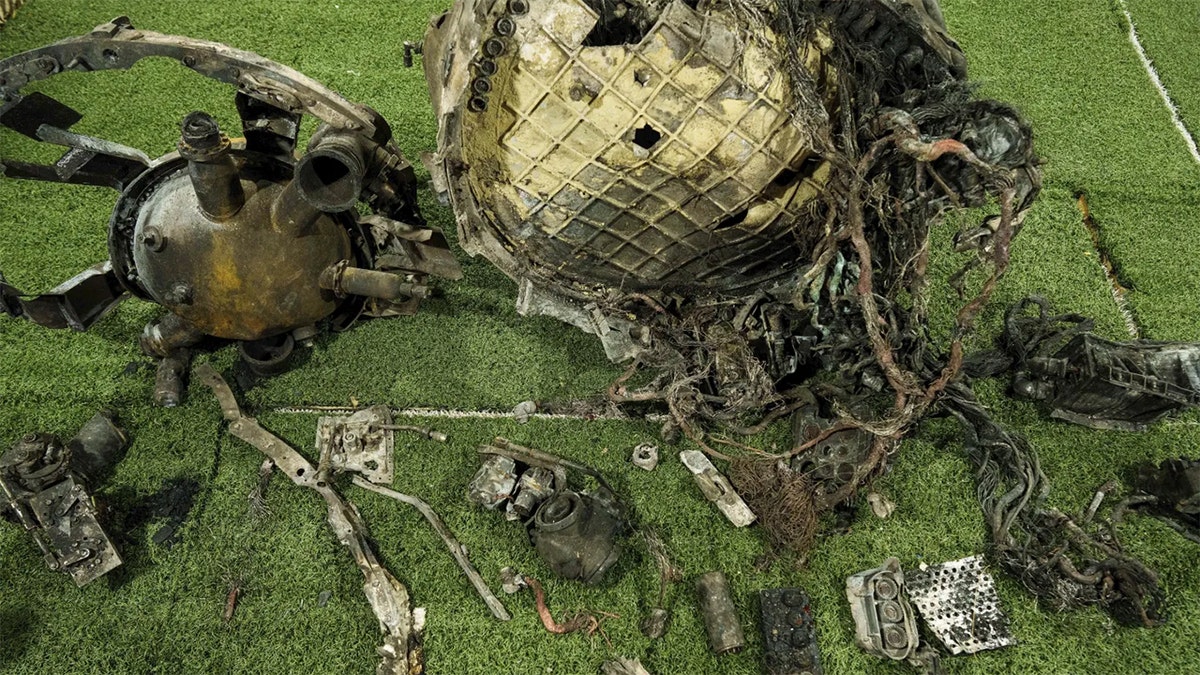
Fragments of a rocket which struck Dnipro on November 21 are seen at a center for forensic analysis in undisclosed location, Ukraine, Sunday Nov. 24, 2024. (AP Photo/Evgeniy Maloletka)
Ukraine’s Main Intelligence Directorate said the missile was launched from the 4th Missile Test Range, Kapustin Yar, in Russia’s Astrakhan region. Once launched, Ukrainian officials said, it flew for 15 minutes before striking Dnipro. The missile was carrying six warheads, each carrying six subunitions, and its speed was Mach 11.
Last week, Deputy Pentagon press secretary Sabrina Singh confirmed to reporters during a press briefing that Russia had launched the IRBM, noting that it was a “new type of lethal capability that was employed on the battlefield.”
She also said the U.S. was notified briefly before the launch through nuclear or risk reduction channels.
US EMBASSY IN KYIV CLOSED AS ‘POTENTIAL SIGNIFICANT AIR ATTACK’ LOOMS
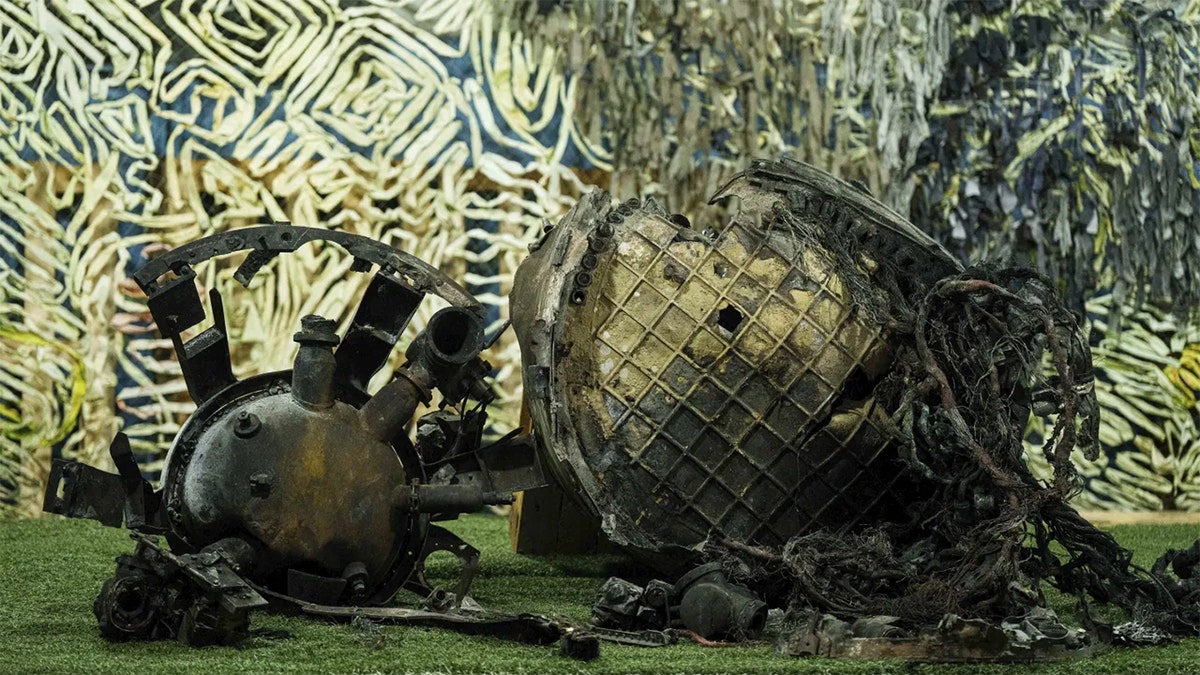
Fragments of a rocket which struck Dnipro on November 21 are seen at a center for forensic analysis in undisclosed location, Ukraine, Sunday Nov. 24, 2024. (AP Photo/Evgeniy Maloletka)
Putin also said last week that the missile attacked targets at a speed of Mach 10.
Despite Ukraine’s and Putin’s claim that the rocket reached speeds greater than Mach 10, two U.S. defense officials told Fox News on Thursday the missile was not hypersonic, which, according to NASA, is a speed greater than 3,000 mph and faster than Mach 5.
Along with launching the IRBM for the first time on the battlefield, Putin signed a law to grant debt forgiveness to those who enlist in Russia’s army to fight in Ukraine.
US BRIEFED UKRAINE AHEAD OF PUTIN’S ‘EXPERIMENTAL INTERMEDIATE-RANGE BALLISTIC’ ATTACK
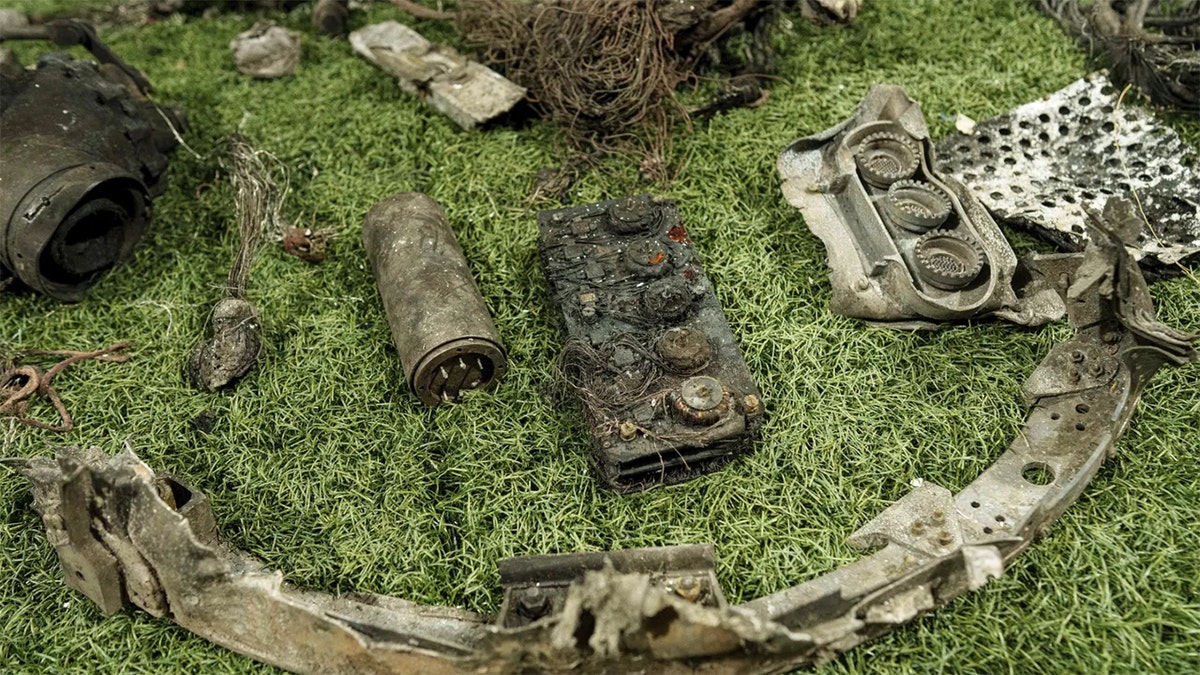
Fragments of a rocket which struck Dnipro on November 21 are seen at a center for forensic analysis in undisclosed location, Ukraine, Sunday Nov. 24, 2024. (AP Photo/Evgeniy Maloletka)
The AP reported that the measure highlights the country’s need for military personnel as it continues its war against Ukraine.
Russian state news agency Interfax said the new legislation allows new recruits enlisting for a one-year contract, to write off debts up to 10 million rubles, or about $96,000.
CLICK TO GET THE FOX NEWS APP
The law reportedly applies to debts in which a court order for collection was issued, and enforcement proceedings had commenced before Dec. 1, 2024. The legislation also applies to spouses of new recruits.
The Associated Press contributed to this report.
World
Voters in Switzerland say no to bigger motorways

The federal government argues that the volume of traffic on the motorway network has increased more than five times over the past sixty years.
Swiss voters took to the polls on Sunday to vote no to bigger motorways, no to easier evictions and tighter subletting rules and yes to a new healthcare financing model.
The Swiss government’s proposal to allocate €5.3 million for expanding motorways and constructing new roads at six key locations, including near Bern and between Geneva and Lausanne, was rejected by 52.7% of voters.
The plan, approved by parliament last year, faced opposition from those concerned about its environmental impact and effectiveness.
The federal government, argues that the volume of traffic on the motorway network has increased more than five times over the past 60 years.
The result was celebrated by the Green Party which called the proposal “an out-of-date transport policy”.
Together with left-wing and environmental groups, the Greens campaigned against the project, highlighting its environmental impact and the concern that wider roads would only lead to more traffic. They now advocate for the funds to be used for public transport, active mobility, and the renovation of existing motorways.
Mattea Meyer from the no camp expressed her satisfaction with the referendum result.
“I am incredibly pleased that a majority of the population does not want a highway expansion, and instead wants more climate protection, a transport transition that is climate-compatible, which the highway expansion is not,” she said.
According to local media to counter this decision the yes campaign, plans on moving forward with expansion projects separately through agglomeration programs, reducing the chance for cantonal referendums.
No to easier evictions
On Sunday, Swiss voters decided on multiple housing issues, such as subletting and lease termination.
53.8% of them rejected the proposal which would make it easier for landlords to terminate leases early in order to use properties for their own purposes.
Additionally, 51.6% voted against a plan for stricter regulations on subletting residential and commercial properties. According to local media, these issues attracted significant attention because tenancy laws affect the majority of Swiss citizens, with about 60% of the population renting their homes, the highest rate in Europe.
The proposal to ease eviction rules faced strong opposition, especially in French-speaking cantons, with Geneva seeing 67.8% of its voters against the plan due to the city’s ongoing housing shortage.
-

 Business1 week ago
Business1 week agoColumn: Molly White's message for journalists going freelance — be ready for the pitfalls
-

 Science5 days ago
Science5 days agoTrump nominates Dr. Oz to head Medicare and Medicaid and help take on 'illness industrial complex'
-

 Politics7 days ago
Politics7 days agoTrump taps FCC member Brendan Carr to lead agency: 'Warrior for Free Speech'
-
/cdn.vox-cdn.com/uploads/chorus_asset/file/25739950/247386_Elon_Musk_Open_AI_CVirginia.jpg)
/cdn.vox-cdn.com/uploads/chorus_asset/file/25739950/247386_Elon_Musk_Open_AI_CVirginia.jpg) Technology6 days ago
Technology6 days agoInside Elon Musk’s messy breakup with OpenAI
-

 Lifestyle1 week ago
Lifestyle1 week agoSome in the U.S. farm industry are alarmed by Trump's embrace of RFK Jr. and tariffs
-

 World7 days ago
World7 days agoProtesters in Slovakia rally against Robert Fico’s populist government
-

 News7 days ago
News7 days agoThey disagree about a lot, but these singers figure out how to stay in harmony
-

 News7 days ago
News7 days agoGaetz-gate: Navigating the President-elect's most baffling Cabinet pick



